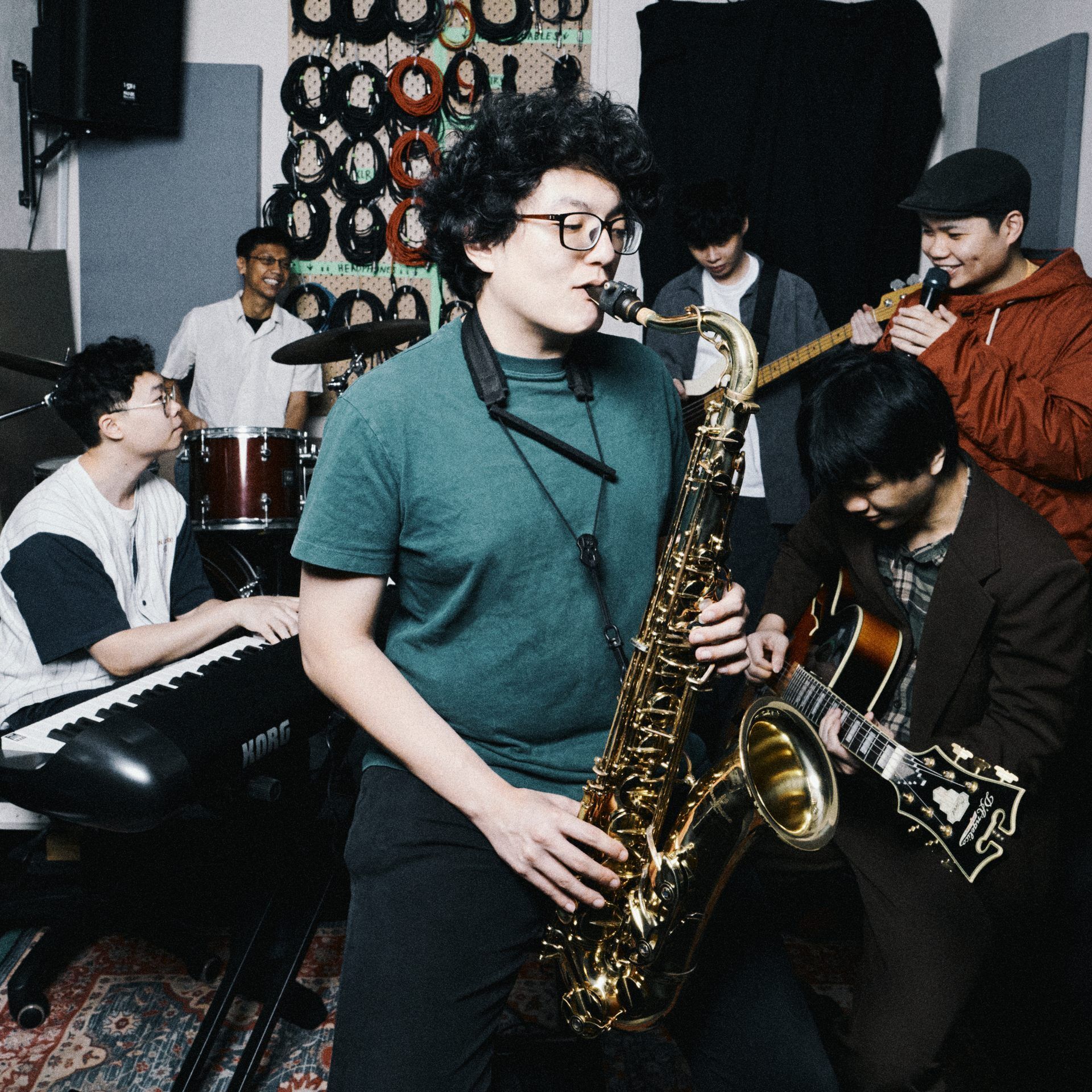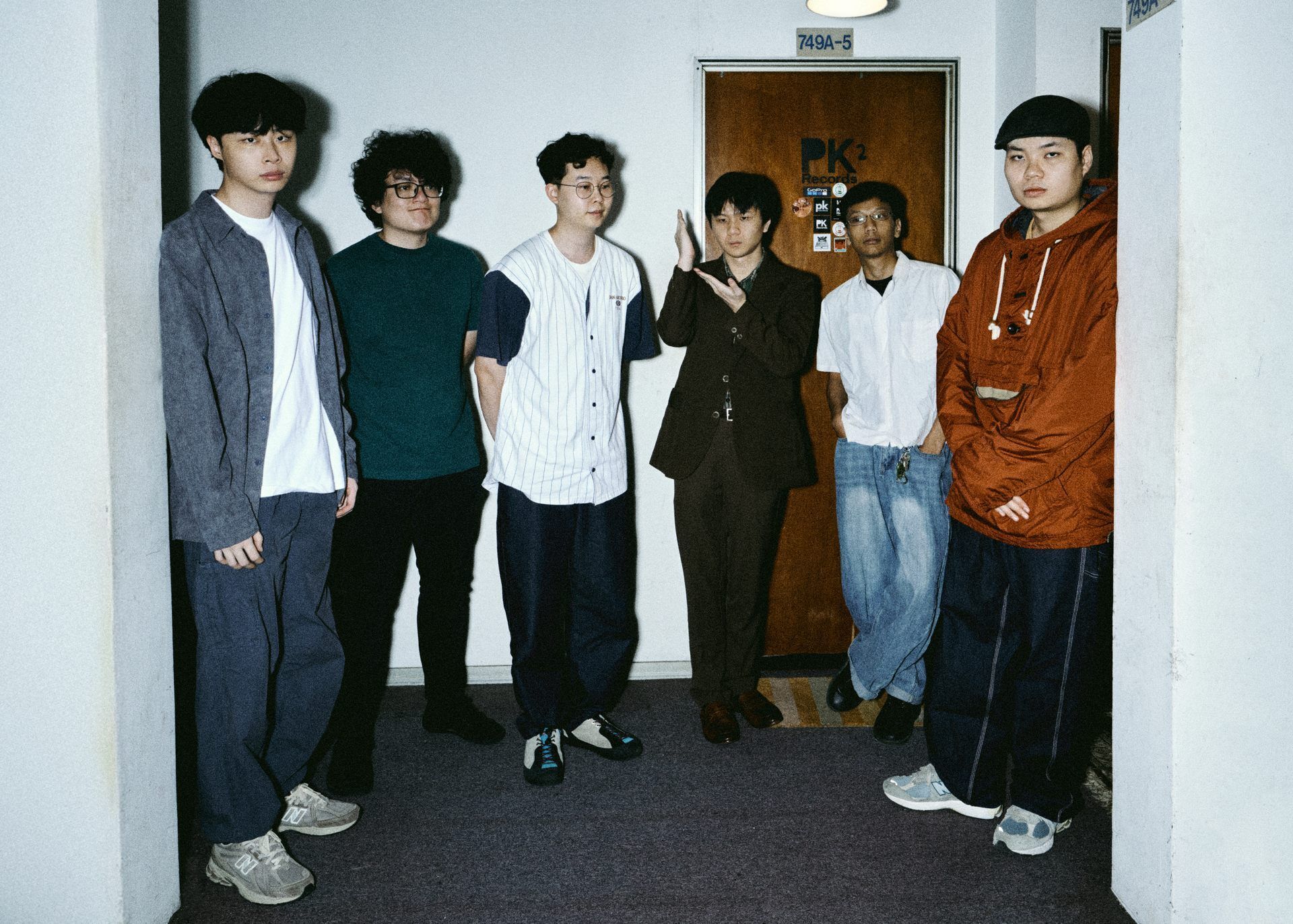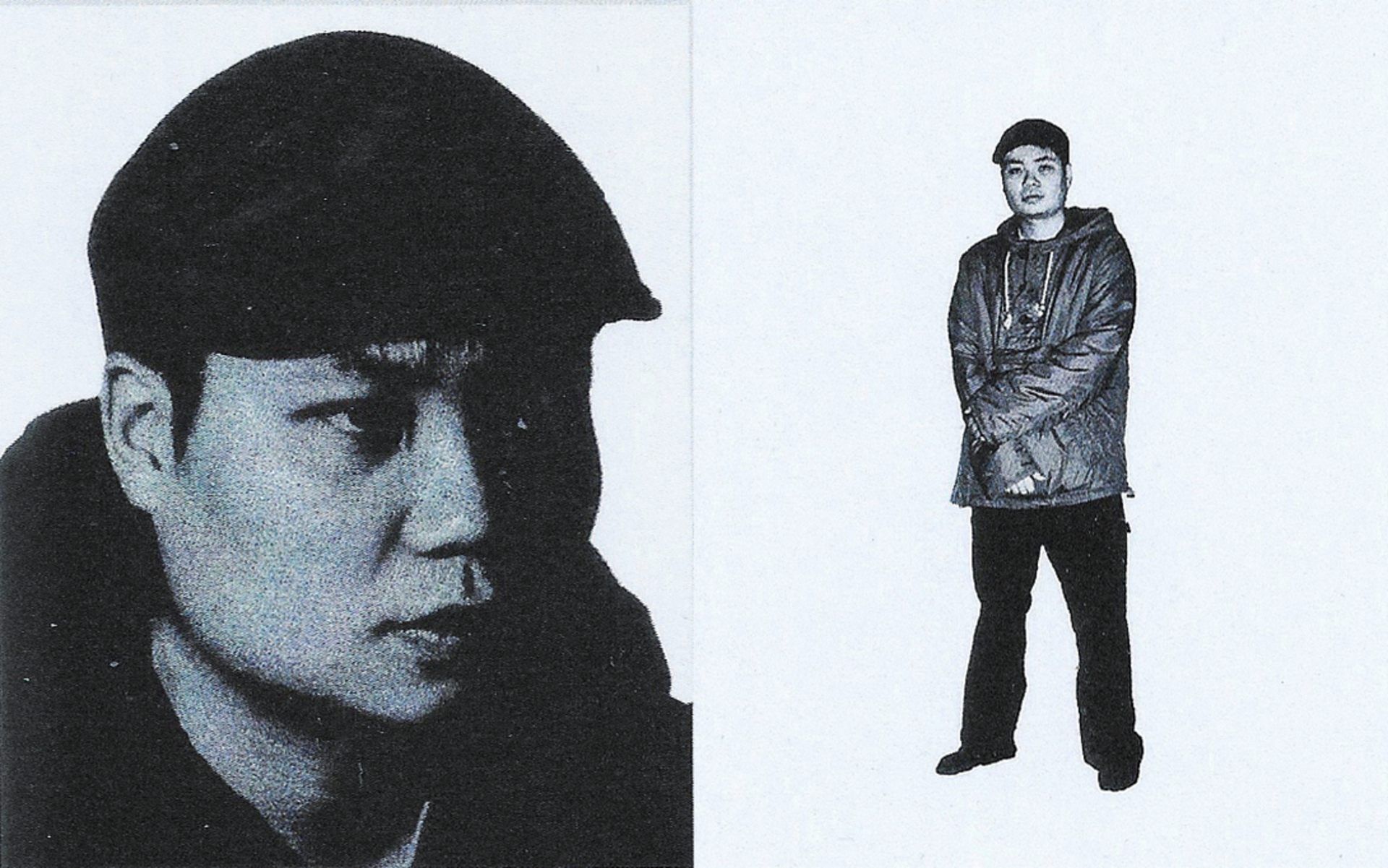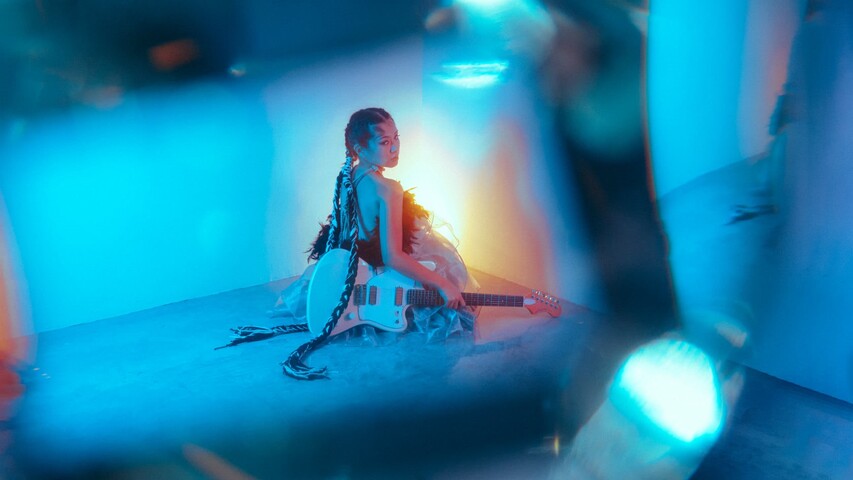When it comes to bending time, tradition, and tone, Mary Sue doesn’t just dabble — he dives headfirst into mythic worlds built from fractured memories, Taoist fables, and Southeast Asian sound archives. His new album Porcelain Shield, Paper Sword is exactly that: a conceptual and sonic mosaic that feels both ancestral and futuristic, emotionally raw yet sonically abstract.
At the heart of it all is the Clementi Sound Appreciation Club, a band of genre-defying musicians who interpret the rapper's ideas through a kaleidoscope of live instrumentation, samples, and improvisation. The result is a record rooted in tension — between fragility and force, tradition and rebellion, east and west.
Hear65 caught up with Mary Sue to unpack the oracle-inspired narrative and the cultural dissonance that shaped its fascinating sound.
I think I was chasing something larger than life to match these huge, heavy beats. But with everything going on right now — all the chaos and violence — it feels relevant. Like, we’ve been seeing this coming for years, and now it’s just confirming itself over and over again.
The loose story behind the oracle is about someone who thought they got the future wrong, only to be dragged into it and realize they were right the whole time. Honestly, that kind of feels like what’s happening to us now, just on fast-forward. And like the oracle, I think deep down we’re all hoping we’re actually wrong.
You’ve described Porcelain Shield, Paper Sword as your most detached project, written from a character’s viewpoint. How did writing through this oracle shift your songwriting and production instincts?
For me, the biggest shift with this project was realizing my role as an artist, especially coming from Singapore and getting some recognition abroad. I know I’ll never fully belong to hip-hop in the traditional sense, and honestly, I don’t think I should. But that doesn’t mean I can’t contribute. Instead of just borrowing from the genre, I feel a responsibility to add to it. To create something rooted in where I’m from. Something future generations can look to as a real branch of the tree, strong enough to stand on its own.
When I rap through this lens, I follow a different kind of instinct. Instead of using pop culture or punchlines, I think about nature, animals, idioms, Taoist stories. I mess with sentence structure and let the imagery shape how the words sound. It feels more like spoken word poetry at some points — not that rap isn’t — but the language naturally feels older when the references are less timeline bound and more of an eternal motif. But it takes a lot of writing and rewriting, which I usually try to avoid.
The title juxtaposes fragility and strength. What does that contrast symbolize in the context of the album’s themes?
I think the idea of the title came from the story behind the Chinese word 矛盾. It’s a story about two salesmen. One said that they have the strongest spear in the world, that would pierce through anything, and the other says they have the strongest shield in the world, indestructible to anything. I think the title came from me thinking what if they just both shattered on impact. The title shows the tension that's throughout the album, between looking strong and actually being strong. It’s about how things that seem powerful, like tradition or identity, can also be fragile in today’s world. Beauty or culture that looks solid but can break easily. Fighting back with something that feels too symbolic to really cut through. Old wisdom in moving times. Also sonically it's the tension between the Southeast Asian influences we held throughout the album and the western training and preference of our band.
In the album’s liner notes, you shared a powerful moment about hearing ‘Amazing Grace’ at your grandfather’s Taoist funeral. Could you elaborate to our readers how that emotional and cultural dissonance guided the feeling of this record?
When my grandfather passed, we had a Taoist funeral. Because of a few members of my family being Christian, the Taoist band played a version of 'Amazing Grace' for them to grieve in a way they felt more familiar or acceptable. I remember I heard it and I suddenly broke down crying. I wondered why I felt more familiarity to something which was supposed to be further from what I was supposed to be connected with.
That emotional and cultural dissonance — that cringe I had to my own culture, between what’s supposed to be familiar and what actually feels familiar — I started to realise that the feeling I had during that hymn played against a backdrop of suona, flutes, and Taoist drums was the same intangible feeling I was chasing while making the record.
We weren’t trying to replicate traditional music or stick to one genre. We were trying to sit with the discomfort, to make something that felt like it came from the cracks between the two sides of Singapore which I think we wrestle with every day. But in that awkwardness, we found something real.
You also talked about how touring China and connecting with a South African listener who resonated with a Chinese-language track sparked your dive into traditional music. What did you learn in that exploration that changed how you listen—or create?
Ah yes, it’s for the song 'Expired Toffee'. He told me it felt like home to him, something his mother would listen to. It really stuck with me. I started sifting through African soul music and other music archives on YouTube and I found a really deep sonic connection with the music of the non-Western world. More than the love of the use of certain scales, something in the way it felt. There was actually this YouTube channel that shared Asian oldies and African oldies on the same page. They called it "musical ancestors” which I loved so much. This is the inspiration for the final track actually, 'Libations/Roots'.
The album blends Southeast Asian samples, jazz improvisation, Taoist folklore, and abstract hip-hop. How did you anchor all these influences into a cohesive sonic world?
I think the answer is that we didn’t try to mold it into something. We did not try to make it sound like something we heard before. It’s the chaotic, dark, occasionally beautiful mess that makes the album. I think the key was in embracing the awkwardness. Maybe that’s the Singaporean-ness of it all — this mess of colonial hangover and the longing for roots that was once removed or artificially reinstated.

The Clementi Sound Appreciation Club plays a huge role on this project. How did translating your ideas into live instrumentation open up new dimensions in your sound?
I think the possibilities are endless. They are super super talented and for some reason they have trusted me to lead, even though I have zero music theory knowledge. It’s so great that they can take my vague references and just give 3-4 different interpretations of it. A lot of the time it’s something I didn’t even look for. I think the way we work is something truly different in "live band hip-hop" with the way we merge samples and instruments. It keeps the roughness of my hip-hop sound but adds a whole new world of depth.
The record isn't about replicating traditional music, but about divergence. How did you and the band navigate that tension between reverence and reinvention?
A lot of the times I come with either a loop or section of a song that we would reference. Then they would lay over it in almost a bulldozer-like fashion, sometimes with disregard of the source material. Then to receive both for me to consider and mix and mash together — I was spoiled for options. Many of these tracks have 4-5 different versions of it that could have made the record. I think it is a huge weapon for me to wield to be able to write as well as musically direct. It makes everything work more in lockstep.

If this album were a visual story—like a film or graphic novel—what kind of world would it take place in? What would the oracle see?
I think it's this world. Everything I’m describing is what I see around, just in his point of view. But we did play with the idea of having some classic Shaw Brothers type visuals for the album.
Finally, the album is released via Rucksack Records and La Munai Records. What led you to partner with these labels, and how have they supported your artistic vision?
I think it was to have someone on both sides of the globe help push this record. It’s not an easy album to sell, and to have both the Western and someone from close by helping out is quite fitting for the themes of Porcelain Shield, Paper Sword. In terms of support, they helped with finding someone to master as well as produce these beautiful vinyls we have available.

Mary Sue and The Clementi Sound Appreciation Club will perform live at the Porcelain Shield, Paper Sword album launch on Friday, 20 June at the Esplanade Annexe Studio. Singaporean prog rock faves sub:shaman and Malaysian boombap rapper Glazed Baguette (with his crew Blanco Music) will be supporting. Purchase tickets here.



